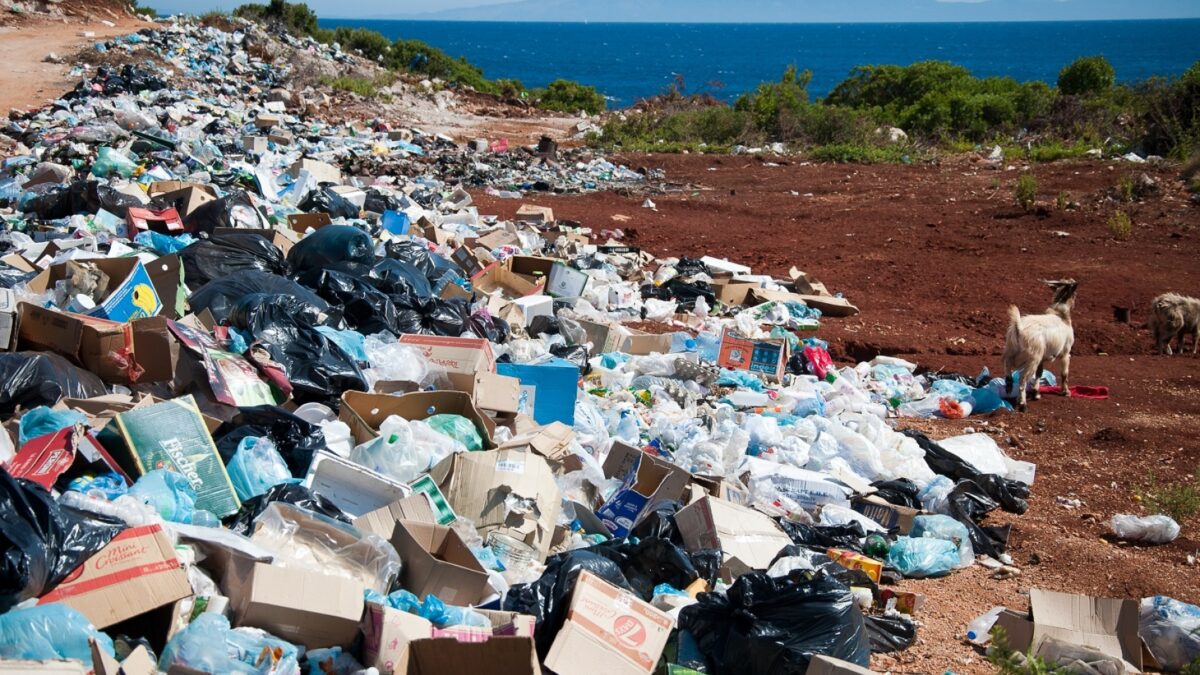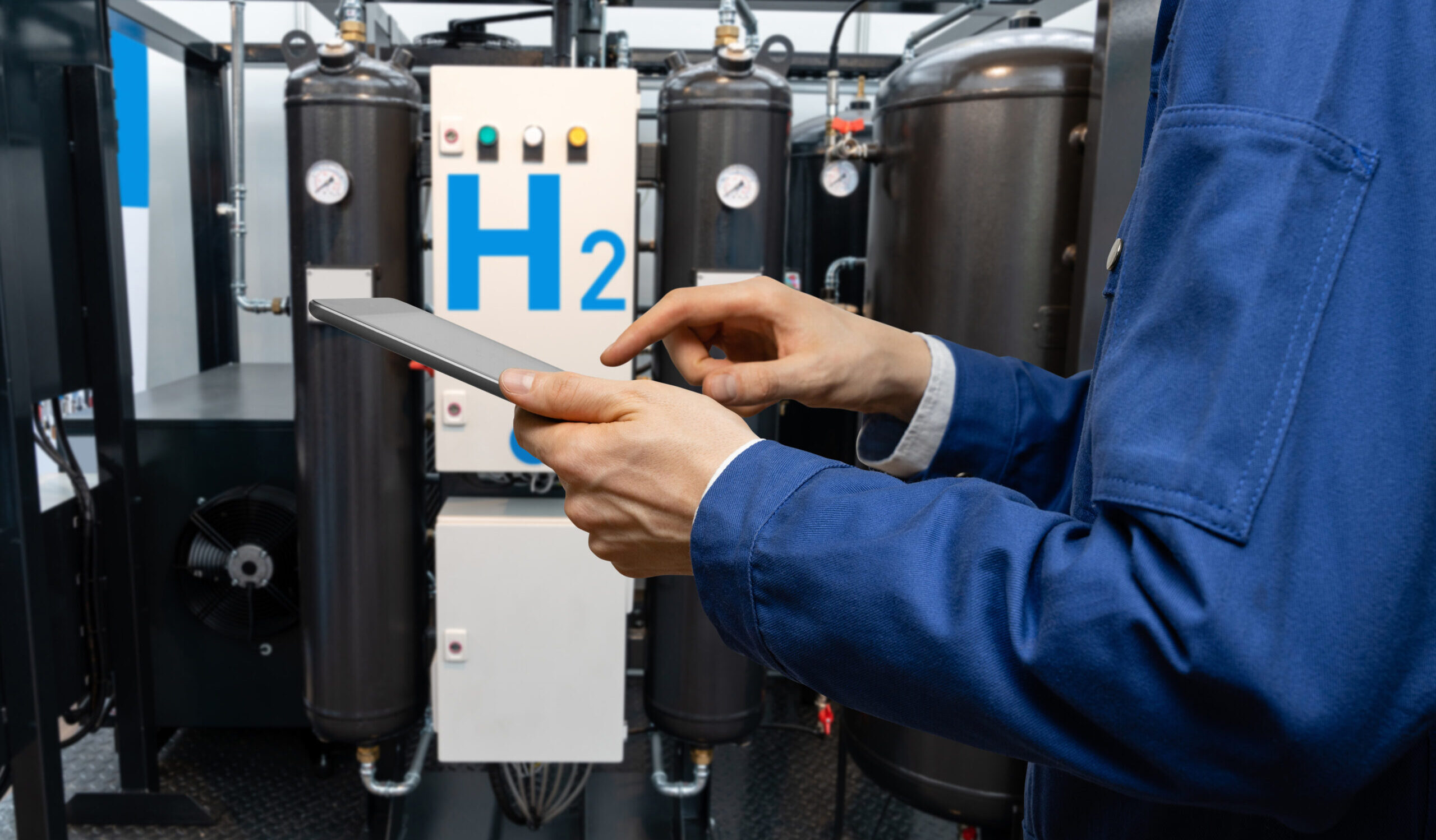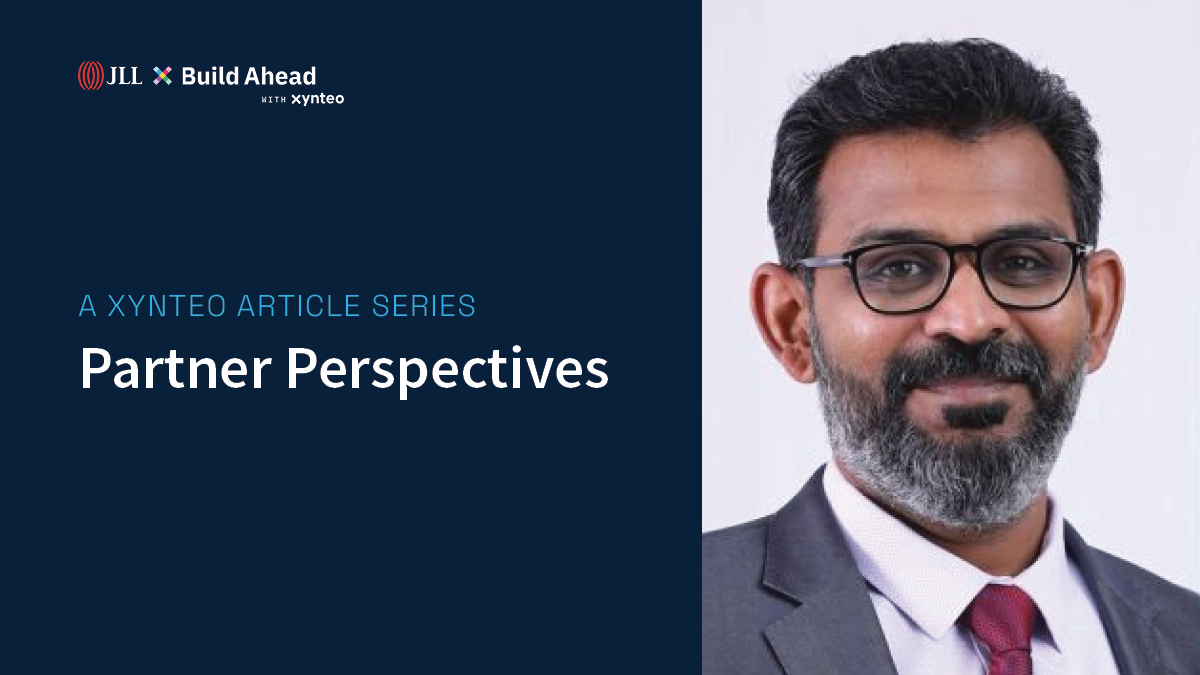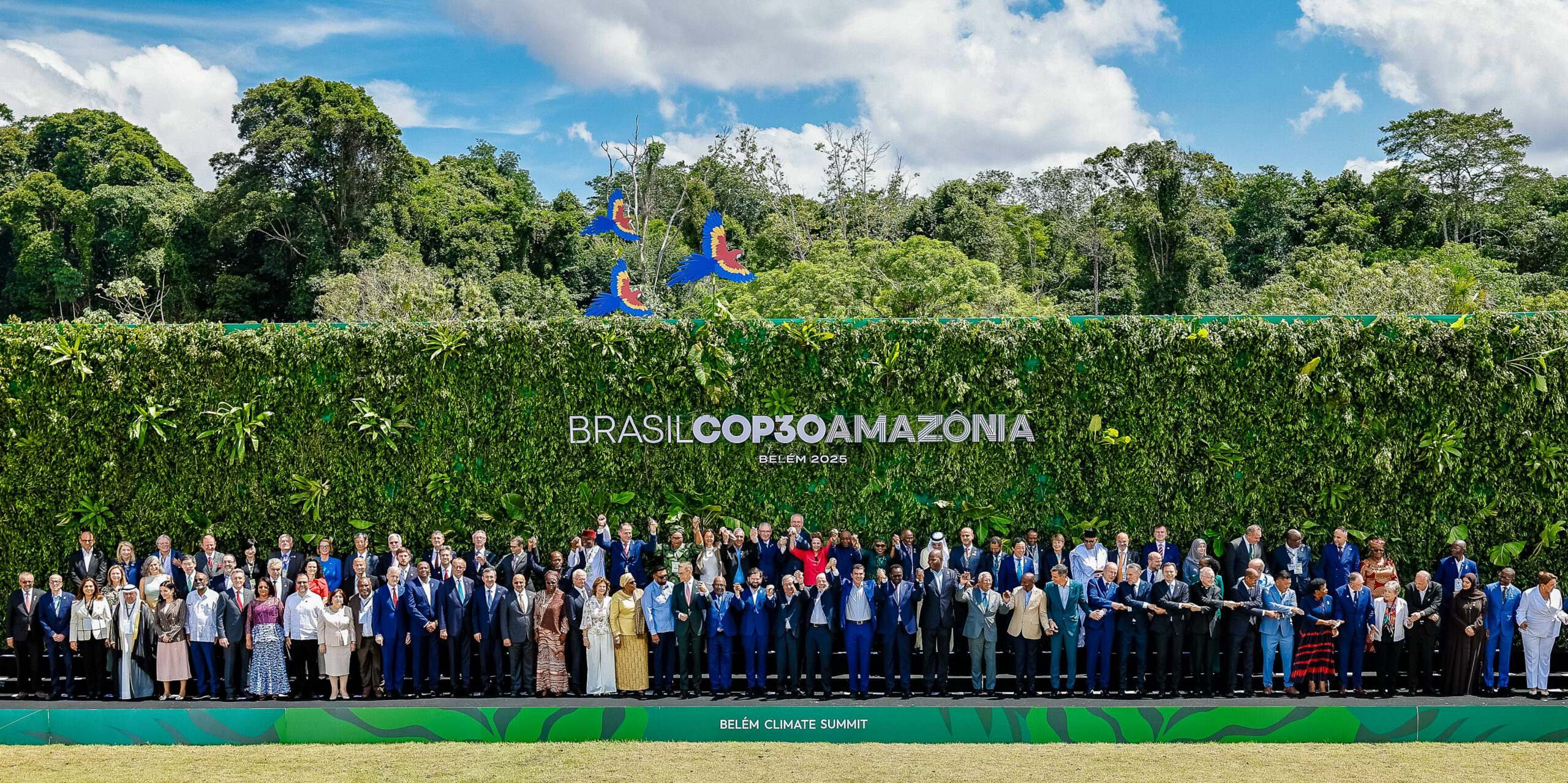Twelve top leadership talents from Unilever, Shell, HSBC, BASF, BHGE, Mastercard, EDP and ICRC recently traveled to Bangalore, India with the Leadership Vanguard to explore the systemic problems that underpin plastic waste management.
The field visit, the first of this year’s Leadership Vanguard programme, enabled the global group of participating leaders to generate a deeper understanding of the plastic waste problem in the context of Bangalore.
Investigating the theme of ‘Revaluing Plastics’, supported by Unilever, the participants interviewed a range of stakeholders, including subject matter experts, local businesses, NGOs, campaigners and social impact entrepreneurs, as well as waste pickers who depend on collecting and sorting waste for a living. India generates around 5.6 million tons of plastic waste annually. 70% of the plastic consumption is discarded as waste and around half of this waste is single-use plastics.
Plastic pollution in Bangalore is extremely widespread, and the city is known as a hub for bottom-up innovation with several impact entrepreneurs working on business models that address parts of the plastic waste challenge.
It is evident that no single business, industry or government can alone solve systemic problems like the production-consumption-disposal model that generates vast quantities plastic waste. What is needed is collaboration, and in this case the combination of bottom-up social innovation and the capabilities of large organisations to build ecosystems at scale.
Meeting impactful social enterprises in Bangalore and more
The Leadership Vanguard is a unique 12-month acceleration programme and leadership development experience. Under CEO sponsorship, it brings together the capabilities, networks and knowledge of eight global organisations to collaborate on accelerating impact enterprises and developing new markets. This year’s programme is centred around three global challenges; Revaluing Plastics, Financial Inclusion and Low Carbon Cities.
In Bangalore, the Vanguard Catalysts visited various plastic waste collection centers, material recovery facilities, recycling units and processing plants run by social impact enterprises such as Swaccha Eco Solutions, Saahas Zero Waste, and Hasiru Dala Innovations. Each enterprise, run by tremendously inspiring teams, demonstrated unique business models, focusing on different aspects of the waste value chain.
The Vanguard team also gained insight into innovative business models that focus on leveraging technology to drive transparency and efficiency in the plastic waste value chain, representing a wide range of solutions.
The platform developed by Plastics for Change allows companies to ethically source plastic waste while providing sustainable livelihoods for the waste pickers; Chennai-based Kabadiwalla Connect‘s operations leverage the informal waste infrastructure in the collection and processing of post-consumer waste; and I got Garbage‘s digital platform helps create microbusiness models that enable waste pickers to work directly with households and offices. A clear highlight of the trip was meeting some of the waste pickers themselves and hearing how the support provided by some of these impact enterprises and organisations transformed their lives.
Supporting impactful business models to scale
The social impact enterprises the team visited demonstrate highly promising propositions. However, they face multiple, often similar challenges in meeting their dual goals of increasing recycling rates while improving the livelihoods of the waste pickers that depend on it. An estimated 4 million waste pickers in India, with approximately 25,000 in Bangalore alone, depend on picking and sorting waste for their livelihood. However, they are still operating on the fringes of the waste management system. Action to solve the plastic waste problem in India must address the role of the informal waste sector in future waste or circular economy systems.
A consistent challenge for Bangalore’s recycling facilities is unreliable feedstock for recycling, both in terms of quality and quantity. Waste is largely collected and sorted informally and not segregated at source. This is due to lack of consumer awareness and appropriate technology combined with the fact that solid waste laws and policies for producers and consumers are not implemented adequately.
A significant issue for India and other developing countries is the use of multi-layer sachets for packaging. This constitutes the most challenging material to recycle and therefore limited options for disposal are available.
Entrepreneurs are piloting innovative technological solutions to solve the problem of sachet waste across India, but the pilots are yet to demonstrate commercial viability. The enterprises are doing commendable work to address these issues, but they need pathways to long-term sustainability.
The business community has a significant stake in the plastic waste problem, from production and design to consumer behavior and therefore has a shared interest in addressing it. Success in the future lies in their collective ability to scale existing models.
The Leadership Vanguard programme aims to do this by facilitating non-traditional partnerships between the participating companies and the most promising impact enterprises. The field trip represents a key milestone in this journey. Not only is it a rich learning experience, but it also opens up opportunities to create collaborations across companies and industries that set a new standard for impact. Next, the Catalysts will process the insights they have gathered from the field trip and start selecting some of the enterprises in Bangalore for further collaboration. By bringing together the experience, networks, resources and capabilities of the Vanguard leaders, they will identify and define acceleration support that can help the enterprises maximise their impact and work towards improving plastic waste management in India.
Global companies, local entrepreneurs and waste pickers all form important pieces in the complex ecosystem of plastic waste management in India. They may occupy different spaces, but they share the same end goal — a circular plastics economy that eliminates waste while preserving local livelihoods.
This blog is authored by Mita Broca, Principal – Development at Xynteo, leading the Leadership’s Vanguard Revaluing plastics team. The Leadership Vanguard recently travelled to Das es Salaam to investigate financial inclusion and the Low Carbon Cities team went to Bangalore to explore solutions for mobility and waste management.
–
Stay up to date with our latest interviews by following us on social media (LinkedIn I Twitter), or Contact Us to find out how we can help your leaders and organisation create people and planet-positive impact.



